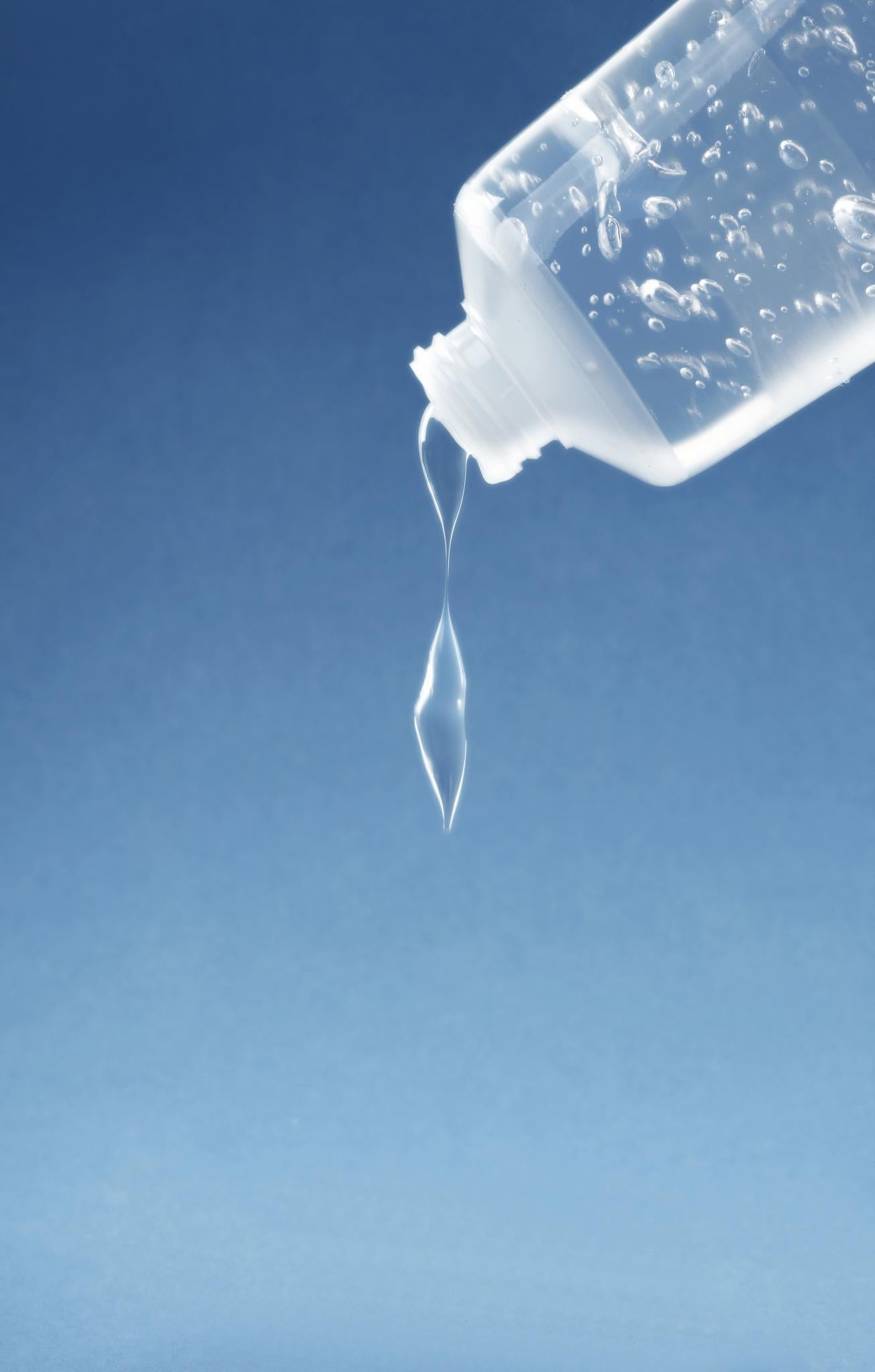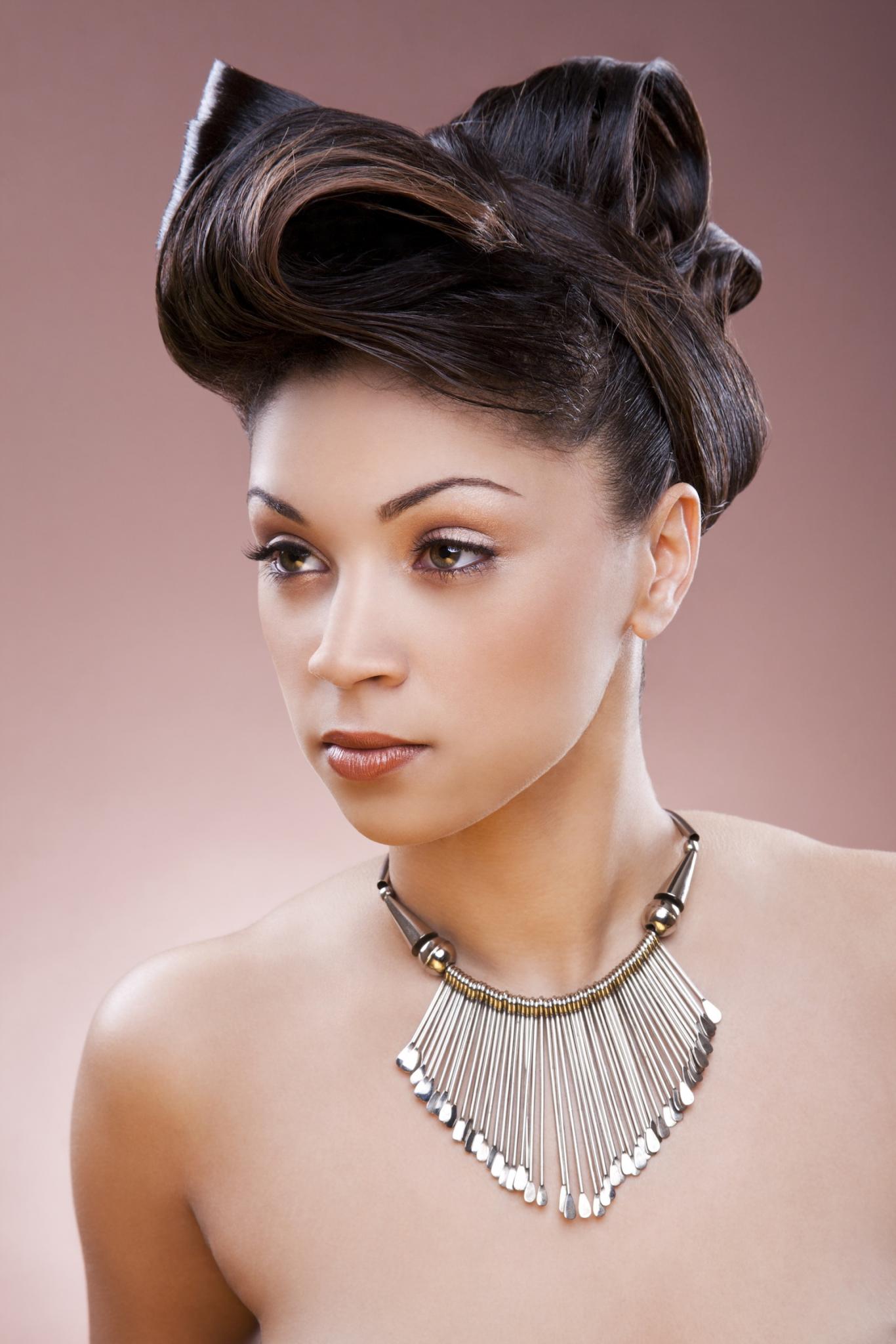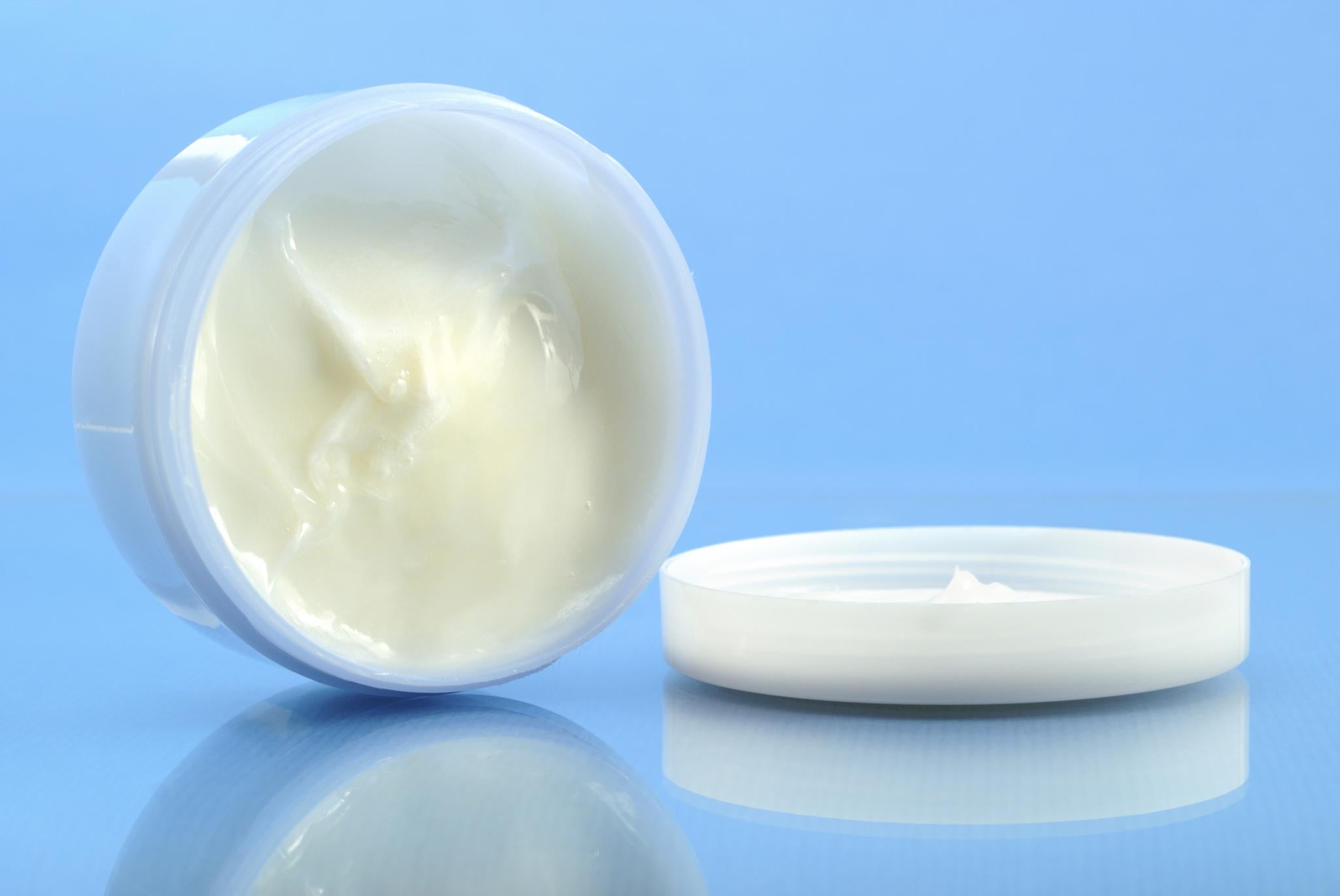Like the change of seasons, your products should change as well. Pay particular attention to products that contain glycerin. As most of us know, glycerin has its pros and cons. A simple polyol compound or sugar compound, glycerin is extremely hygroscopic; easily absorbs and attracts moisture. Which means during the colder season, humidity is LOW which translates to below average levels of moisture in the air, this causes glycerin based products to pull moisture from the next best spot… your hair. Strands coated in products containing glycerin are at risk for dryness.
Remember those days as a young school girl and your Mother placed layers upon layers of clothing during cooler seasons, leaving you with the feeling that you could almost be related to the abominable snowman? Well as a natural, especially those transitioning, minding what you wear or more specifically what your winter accessories such as hats are made from, plays a big role in the condition of your hair. Wool and other types such as Acrylic and Cashmere are naturally hygroscopic. Wool fibers are hollow and can absorb moisture almost one-third of its own weight. Which translates to your sensitive ends as big TROUBLE!
Tip: A satin or silk scarf thrown over the neckline of your favorite sweater or wool coat will do wonders in protecting the nape or more commonly known as the kitchen area, which seems to suffer the most abuse during colder temperatures. Another option is to rub a dime size amount of coconut and/or olive oil on the nape and surrounding base areas every morning.
If updos or protective styling is not your cup of tea, sealing more often than usual is a key factor for shoulder length hair or longer during colder temps. Constant friction with clothing articles can cause attrition to your ends; the wear and tear of the strands outer layer; the cuticles. Your ends are the oldest area of your strands, and more susceptible to abuse from any foreign material that may cause friction with your ends. Sealing, deep conditioning, co-washing or all three are impertinent to the “health” and protection of your hair.




